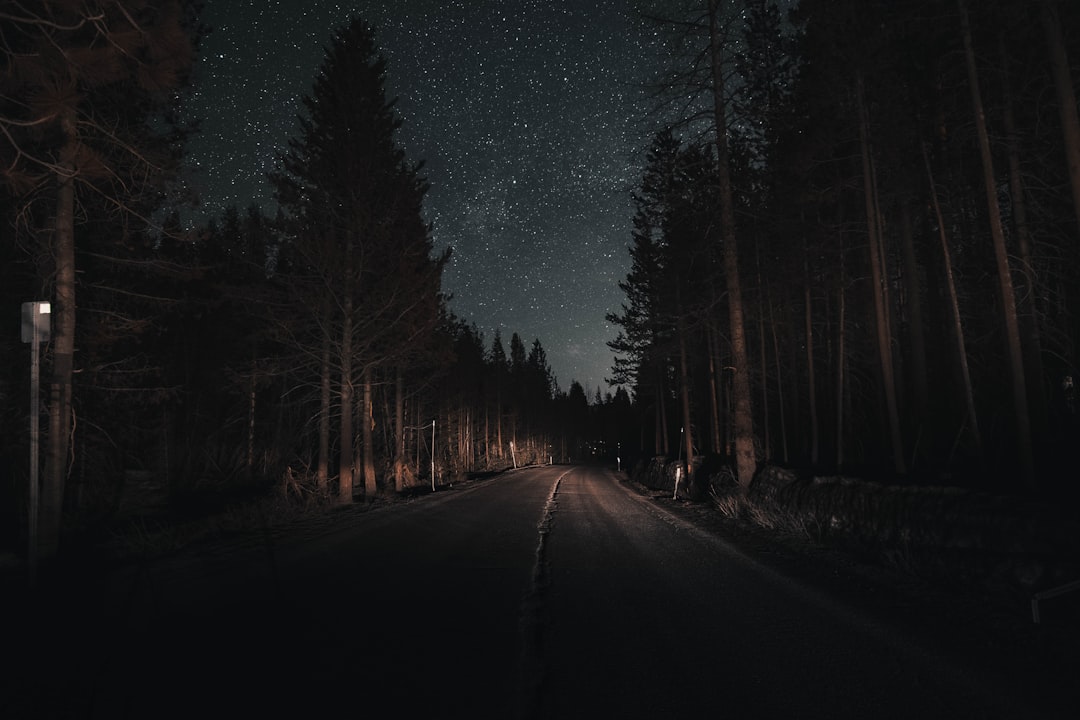Who Goes Missing, Who Gets Found
a poem
Fifty years ago, my cousin hitchhiked off the reservation and disappeared. Sometimes, over the decades, I've searched for his face among the Indian strangers I see on the streets. Rumors used to place him in Seattle, Portland, Montana, and as far away as Minneapolis. Those rumors kept him present. I think of him often these days as the country finally pays attention to all the Indians who go missing and never return. My cousin is gone. He won't be back. I know this mystery won't be solved. But I still ask questions. I still interrogate the world. Did he die from violence? Or mental illness? Or accident? Is he buried in an unmarked grave? Yes, of course, he's buried in an unmarked grave. It hurts to write that. He's an Indian buried in an unmarked grave— another Indian, another Indian buried in an unmarked grave. This is our Native American history—a history of unmarked graves. My cousin's name was Samuel. He was named for the prophet venerated in Judiasm, Christianity, and Islam. So, please, let this poem venerate our Samuel. Let us remember him. He was hilarious and handsome. He and his brothers slept in the attic of our one-bedroom house on the reservation while ten of us other members slept downstairs. I remember, or think I remember, those Indian boys making boyish noise as all we tried to sleep, as they fought against sleep. Dear Samuel, you're awake and alive only in our memories. But you are alive. You are alive. And, yes, it's a contradiction but, fifty years after you disappeared, you're alive, alive in the family stories we tell about all of the Indians who went away, who didn't survive.



Please never stop breaking my heart.
Living on the periphery of the reservation I grew up on, I am - for the first time - aware of missing and murdered women and men. Both current - and dates of departure that go back decades; the families who still painfully search.
When I drive to my childhood home to assist my aged parents, I see the human wreckage. Lives housed in tarped-over cardboard boxes, those who panhandle from car-to-car at Dairy Queen. Those who wander aimlessly. I see the raw cultural wounds and feel a sense of the immense loss. Decades ago, I departed for a life as a teacher - now, in retirement, I unexpectedly find myself the student: the place I once longed to see in my rear view mirror, the place I said I would never return to perhaps my most important classroom. This dirt, these people, this time.
Thank you, Sherman, for being a companion on my journey to know and understand.